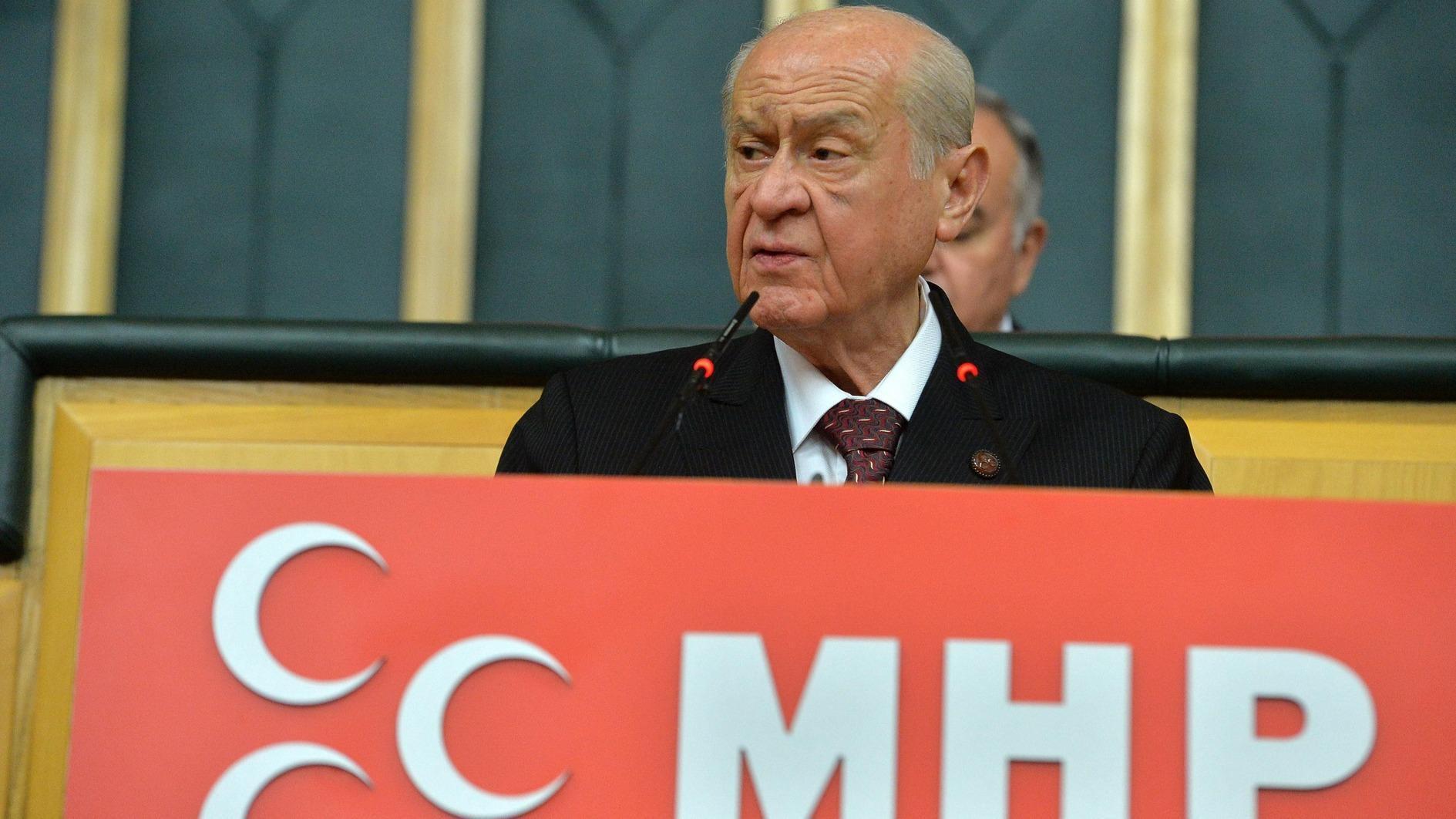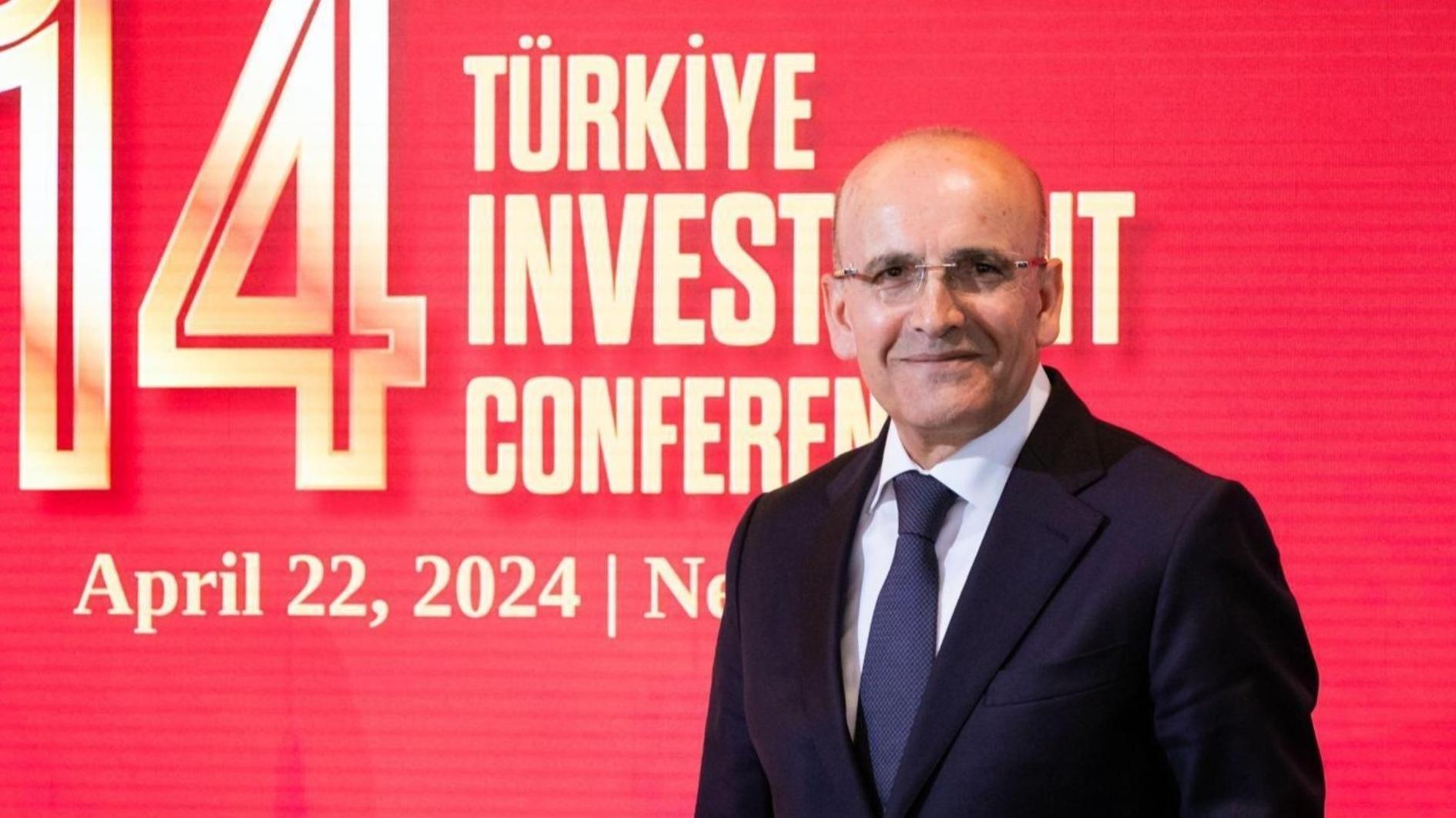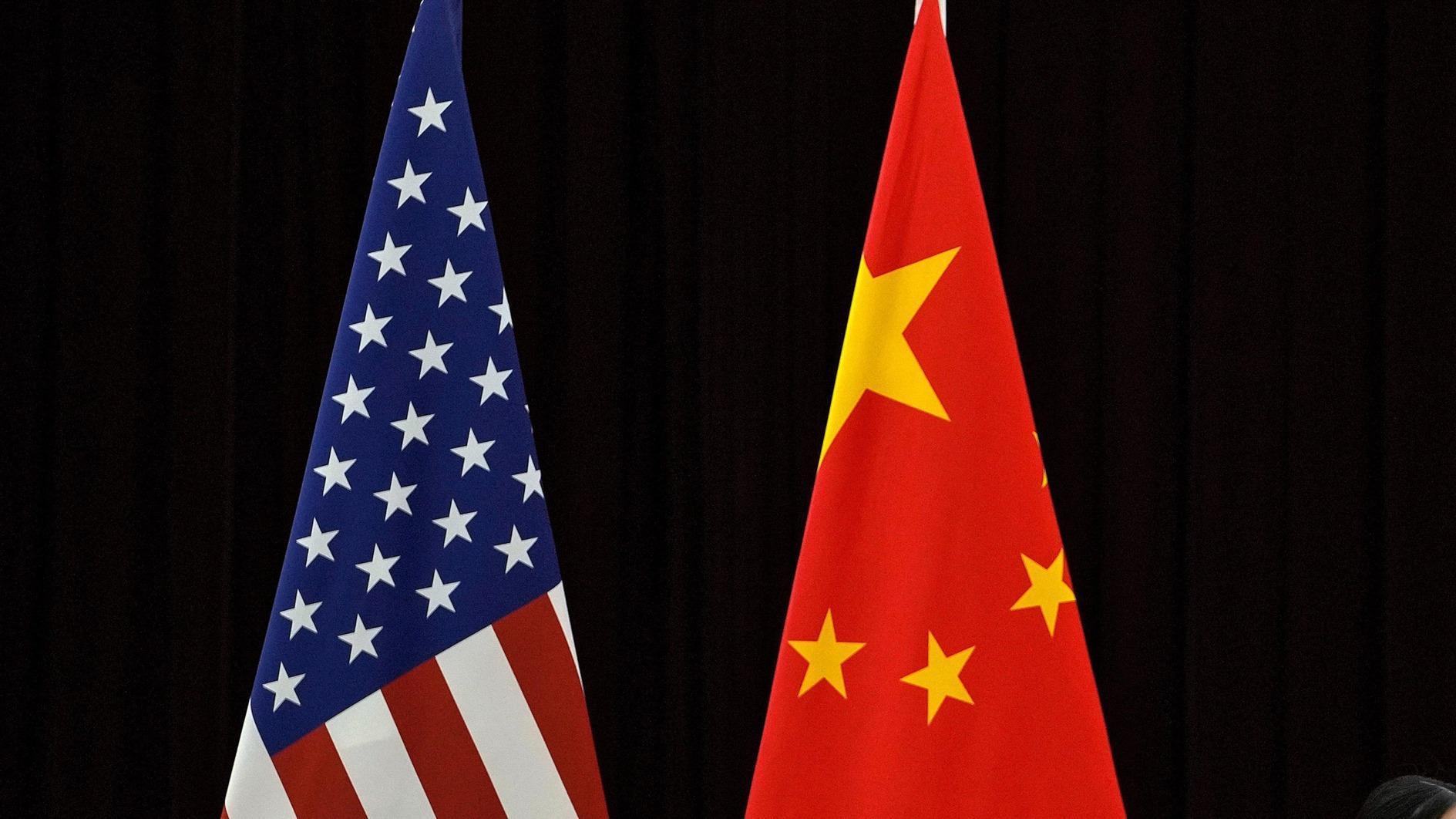Ankara’s envoy shouldn’t lecture Turkish Cypriots
“It is said that the stars are allied for finding a solution on the island. But I really don’t think it is these stars that are saying ‘let’s reach a solution.’ The Turkish Cypriots have interests and plans. But nobody other that the Turkish Cypriots and Turkey ever says ‘the Turks of the island should have their rights; injustices should be ended and the Turkish people should never be subjected to atrocities, murders and discrimination.’”
These words belong to Turkey’s ambassador to Turkish Cyprus. Derya Kanbay made these “eye-opening” statements while meeting a Turkish Cypriot NGO that is concerned about the way peace negotiations are proceeding on the island. While Turkey is the only country that recognizes the Turkish Republic of Northern Cyprus, Kanbay’s address to his host country was in total contradiction of what should be a relationship between equals.
His statement sounded like a badly formulated International Relations 101 course: “Countries engage in give and take either because they are competing with each other or they fear each other. If one is committing an atrocity in one place, the other remains silent; then when the latter commits an atrocity, the former remains silent. That’s how they go about their business. While they are busy fighting, the innocent people suffer. That is what you experienced on the island for years.”
While my professors were lecturing my classes at university, even they approached us in a more sophisticated way.
But why did the envoy feel the need to speak like this? So far Ankara has been careful to maintain a “hands off” approach, in order not to damage the conviction on the island that any solution is “home made.” It is no secret that prior to the Justice and Development Party (AKP) government, the Turkish establishment was usually suspicious of the approaches made by left-wing Turkish Cypriot parties, finding them too naive and unnecessarily keen to reach a solution.
Is Ankara concerned about the way the current negotiations are taking place? Did it feel the need to give a warning? As far as I understand it, Kanbay’s statements do not reflect discontent on the part of Ankara. On the contrary, it seems that Ankara knows about every detail in the negotiations and is so far satisfied with the way they are being conducted by Mustafa Akıncı and Özdil Nami.
Obviously, there will come a time when Ankara will have to weigh in - especially on an issue like the guarantees of outside powers. In fact, the Turkish Cypriots have already knocked on Ankara’s door, for example on the issue of properties.
I have previously written that the issue of property is at the center of the whole Cyprus problem. If there is a satisfactory solution to the property issue then there is a strong conviction on Turkey’s part that the rest can be overcome. There are very strong signals that the two sides have agreed on how to solve the property issue in the current negotiations. My understanding is that the current design is even more in favor of the Turkish Cypriots than the Annan Plan, since the option of “restitution” has been kept extremely narrow. When you remove the option of “exchange,” (since there are more Greek Cypriot properties in the north than there are Turkish Cypriot properties in the south), the last remaining piece of the solution puzzle is the compensation issue.
But who will pay the bill? Both sides - but especially the Turkish Cypriot side - rely on funding from the international community. At a time when European capitals are having such difficulty getting together 3 billion euros to handle an urgent crisis that is on their doorstep, it will be highly unrealistic to expect any international financial support for Cyprus. After all, there is no bloodshed on the island and the lack of a solution does not pose an urgent threat. Why would the German taxpayer sacrifice their income in order to compensate a Greek Cypriot and ensure that a Turkish Cypriot becomes a house-owner. In fact, Ankara seems to think the same for its own taxpayer, as it has not pledged any financial support for the Turkish Cypriots.
The Annan Plan foresaw a negotiation between the “original owner” and the “last user,” meaning that the “last user” would have to share part of the burden. Instead of giving lessons on international relations, perhaps the Turkish ambassador should tell the Turkish Cypriots that they might have to chip in to secure a solution, as “unfair gains” could also hurt the social fabric in the island’s Turkish community.











